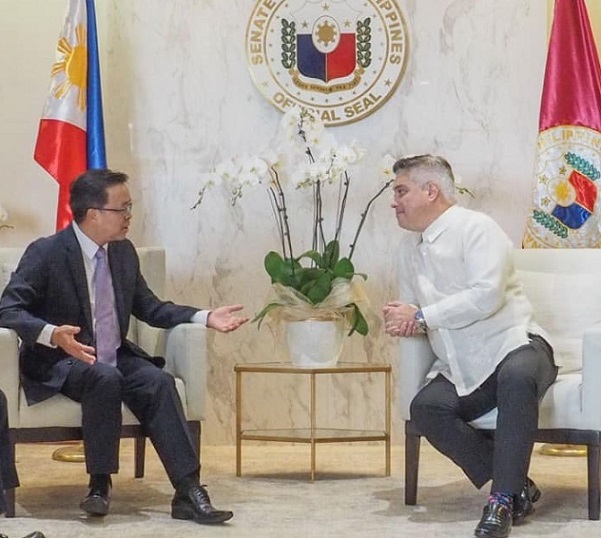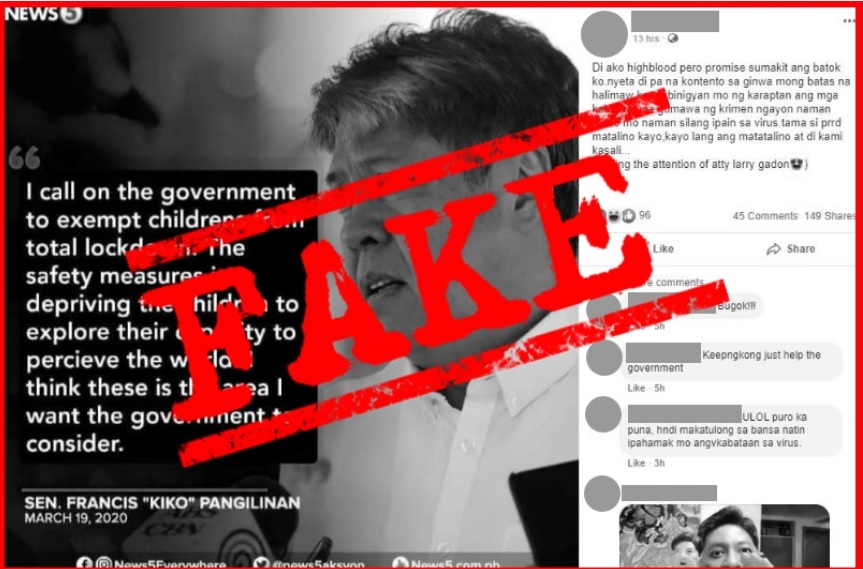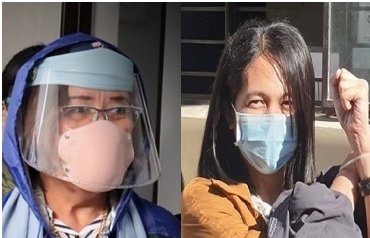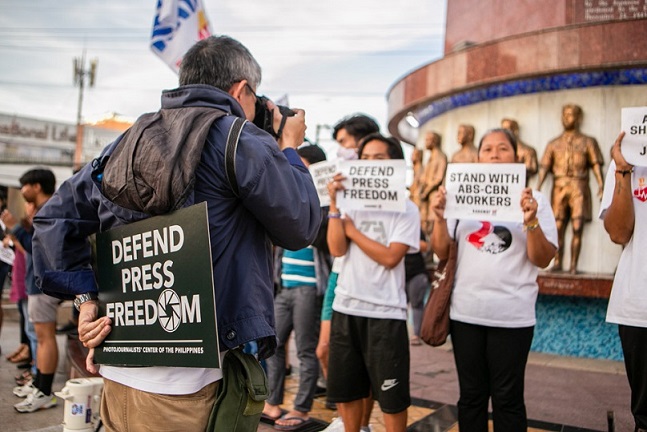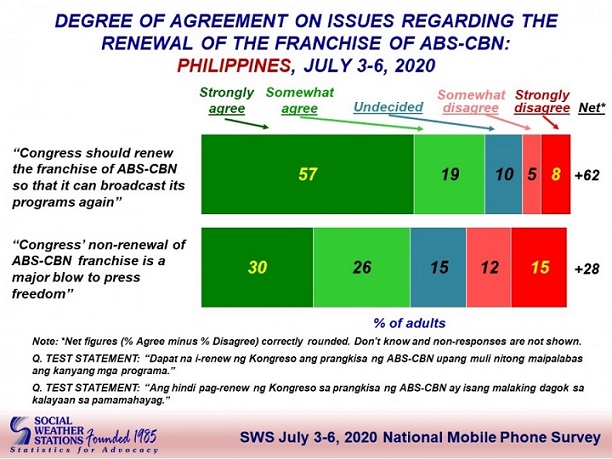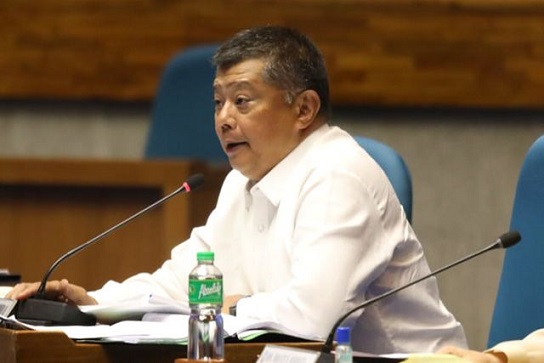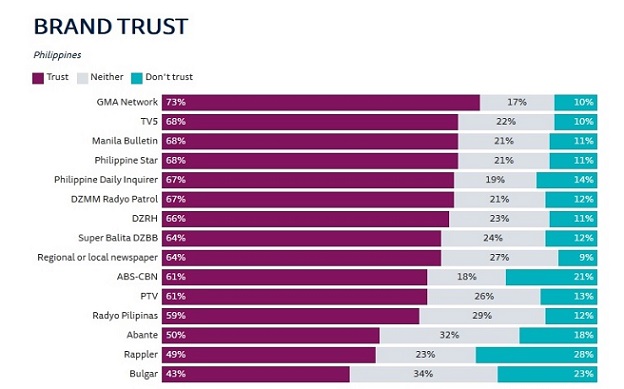
After the initial jolt over the announcement of Meta that it is ending its third-party fact-checking program starting in the United States, we reminded ourselves that VERA Files was VERA Files before we became a third-party fact-checker for Facebook, as Meta was known in 2018.
We were then a 10-year-old organization producing in-depth reports that helped the public understand better issues affecting their daily lives so that their decisions would be based on facts.
Immediately following last Tuesday’s announcement, Meta told us that our 2025 fact-checking agreement remains unchanged.
As we said in a statement we released last Wednesday, we will continue doing our work of informing the public with the truth.
